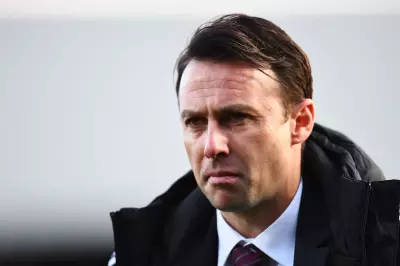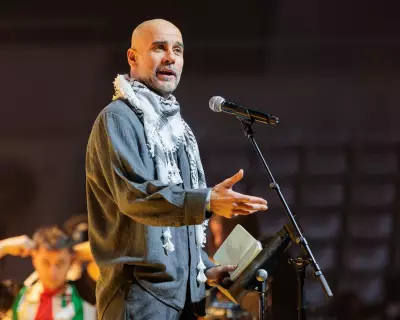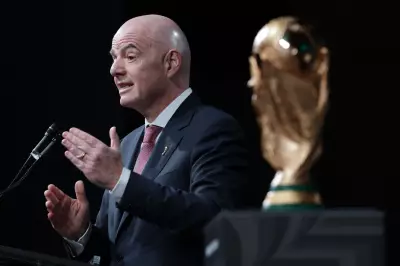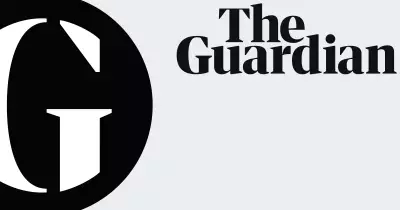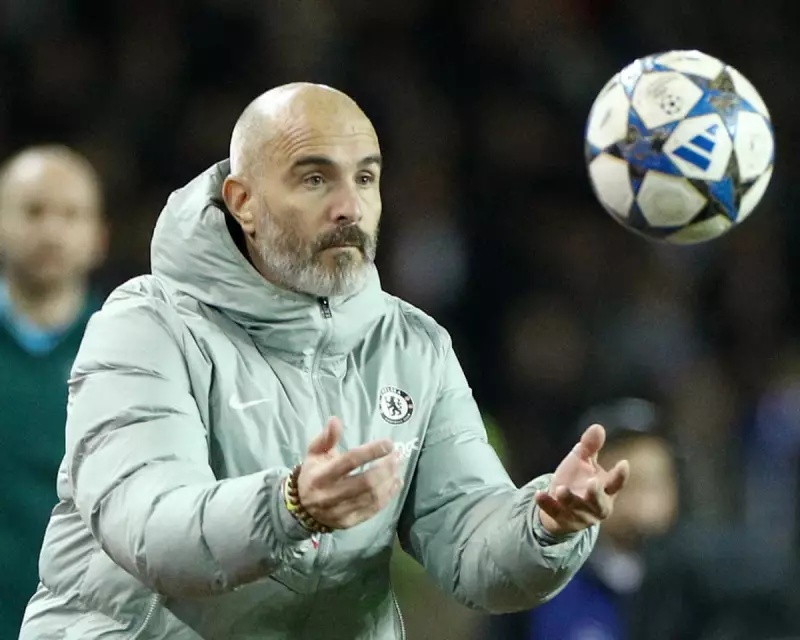
Chelsea's leadership has issued a robust defence of manager Enzo Maresca's controversial rotation strategy following Tuesday night's disappointing 1-1 Champions League draw with Qarabag at Stamford Bridge.
The Blues struggled to find their rhythm against the Azerbaijani champions, with Maresca making seven changes to the side that secured a crucial Premier League victory at the weekend. Despite dominating possession, Chelsea lacked cutting edge and were ultimately fortunate to escape with a point after Qarabag missed several golden opportunities to claim a historic win.
Board Backs Manager's Long-Term Vision
Club sources have confirmed to The Guardian that Chelsea's hierarchy remains "fully supportive" of Maresca's approach to squad management. The Italian manager has consistently rotated his lineup throughout the early stages of the season, arguing that maintaining freshness across a demanding campaign requires utilising the full depth of his expensively assembled squad.
"The board understands this is part of the process," an insider revealed. "Enzo has been transparent about his methodology from day one. While results like tonight are frustrating, everyone recognises we're building for sustainable success, not just short-term fixes."
Mixed Reactions from Stamford Bridge Faithful
The final whistle was met with audible discontent from sections of the home support, with some fans questioning the wisdom of making wholesale changes against determined European opposition. However, other supporters acknowledged the necessity of rotation given Chelsea's intense fixture schedule.
Key concerns emerging from the match include:
- Lack of cohesion in the final third
- Defensive vulnerabilities against counter-attacks
- Questionable game management in the closing stages
Maresca's Philosophical Stance
In his post-match press conference, the former Leicester City manager remained steadfast in his commitment to rotation. "We have a squad of 25 international players, all of whom deserve opportunities," Maresca stated. "The reality of modern football is that we play every three days. If we don't rotate, we risk burnout and injuries."
The manager pointed to Chelsea's position in both the Premier League and Champions League as evidence that his approach is yielding positive results overall. "We're competing on all fronts," he emphasised. "One disappointing result doesn't change our strategy or belief in what we're building here."
What Lies Ahead for the Blues
Attention now turns to Sunday's crucial London derby against rivals, where Maresca faces another selection dilemma. The Italian must decide whether to revert to his strongest available lineup or continue with the rotation policy that has drawn both praise and criticism in equal measure.
With the January transfer window approaching, Chelsea's continued backing of Maresca suggests the club will resist any knee-jerk reactions and maintain faith in their manager's long-term project, even through inevitable setbacks like the Qarabag stalemate.

